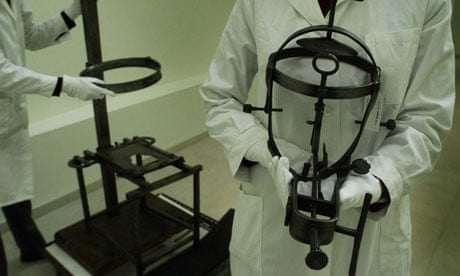Moral certainty is dangerous, says Cullen Murphy. It is at the heart of the "inquisitorial impulse": an "unswerving confidence in the rightness of one's cause". There are chapters on the three main Inquisitions, from Pope Gregory IX's appointment of "inquisitors of heretical depravity" in 1231, to Ferdinand and Isabella's appointment of Tomás de Torquemada as grand inquisitor in 15th-century Spain, and the Roman Inquisition, established in 1542. There is, Murphy concludes, an "Inquisition template". They all shared a taste for detailed record-keeping, nurtured by an institution: "bureaucracy, communications, the tools of surveillance and censorship". The Inquisition was a foretaste of modern institutionalised evil, he argues, leaving behind a vast paper trail comparable to that of the Third Reich or Stalin's Russia. He also looks at attempts to legitimise torture after 9/11 and the surveillance state. As history, God's Jury doesn't quite join the dots, but it succeeds as a more general exploration of the "inquisitorial impulse", its message being that "certitude can be a snare".

God's Jury: The Inquisition and the Making of the Modern World by Cullen Murphy – review
This article is more than 11 years old
The Inquisition was a foretaste of modern institutionalised evil argues Cullen Murphy in this history that doesn't quite join the dots
Comments (…)
Sign in or create your Guardian account to join the discussion